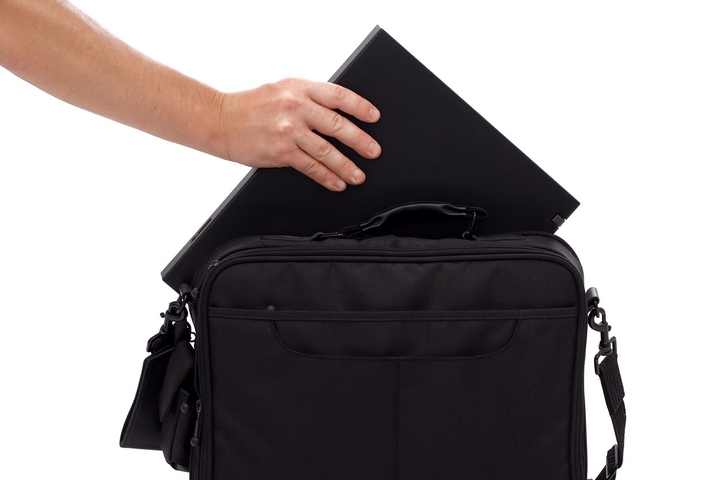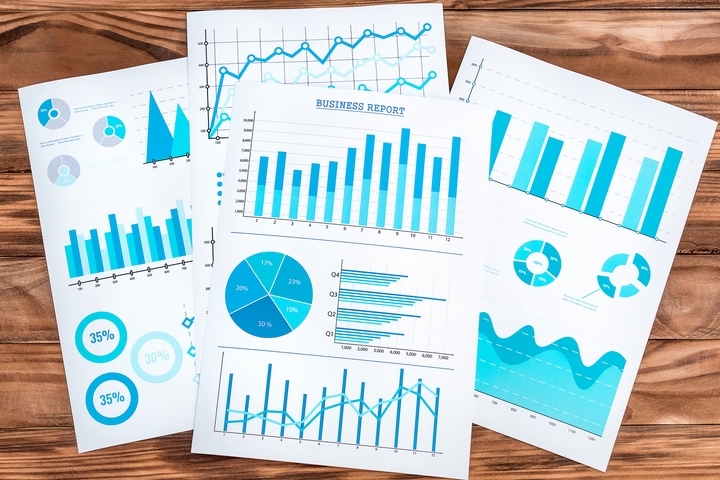
Investing in real estate is one of the most lucrative financial decisions you can make, especially if you want to diversify your portfolio. One way to buy real estate property is through tax sales. Public authorities often hold these sales, and the properties available have unpaid taxes.
While investing in tax sale properties can be very profitable, it can also be tricky if you are unfamiliar with the process. To help you navigate the world of tax sale property, we have compiled a list of 10 essential tips to help you make informed decisions on your next purchase.
Whether you are a seasoned investor or new to the game, these tips will set you up for success in the tax sale property arena.
Tip #1: Research the Property
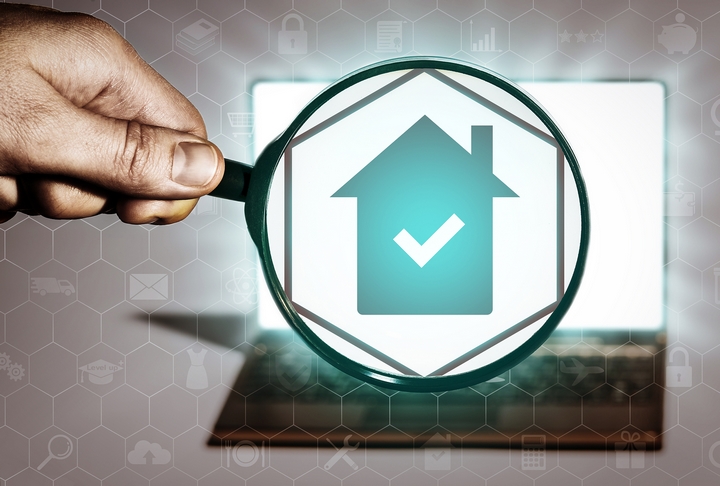
Before you even think about buying a tax sales property, it’s important to do some research. Ensure you understand the purpose of a tax sale and the types of properties typically sold. Look into the potential value of the property and its market conditions. Check out nearby businesses, schools, and transportation lines to better understand the area.
Do some online research to find out if there are any zoning restrictions or legal issues associated with the property. Check for local ordinances and existing building codes that could affect your purchase decision. Finally, read up on recent tax sale auctions in your chosen area to understand what others would pay for similar properties.
Tip #2: Understand the Auction Process

If you are interested in buying tax sale property, it’s important to understand how auctions work. Generally, the auctioneer will read out a description of each property and then call for bids from potential buyers. When you make an offer, know your maximum bid amount and stick to it.
Auctions can be competitive, so you may want to bring a friend or family member to help keep you focused and in control of your spending. Remember, an auctioneer’s fee must be paid on top of the winning bid amount. Make sure you are aware of this before attending the auction.
Tip #3: Set a Budget

Nothing can be more important than setting a budget when investing in real estate. Ensure you know how much you can spend on the tax-sale property. It’s important to factor in additional expenses like repairs, closing costs, and taxes so you have a realistic understanding of the total cost of the property.
Don’t let yourself get caught up in a bidding war and spend more than you’re comfortable with. If a property appears too expensive for your budget, don’t be afraid to pass it up.
Tip #4: Attend the Auction

You cannot purchase any tax sale property without attending an in-person auction. Be sure to show up early so you have time to get a feel for the process and ask any questions you might have. Bring your chequebook and be prepared to deposit the auction.
Being present will give you an advantage over online bidders since you can inspect the property in person and better understand its condition. It’s a good idea to devise a clear strategy and not get caught up in the excitement of bidding.
Tip #5: Consider the Redemption Period
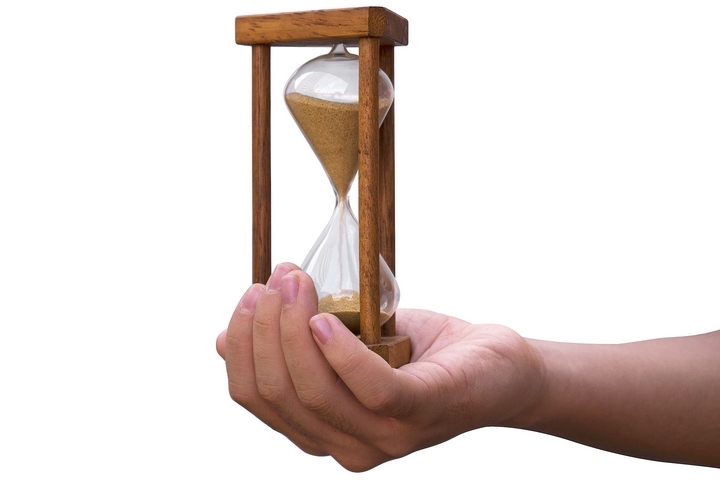
Remember that some states may have a redemption period when you purchase tax sale property. This is when the original homeowner has the right to buy back their home by paying off the taxes and fees.
During the redemption period, you cannot transfer ownership of the property. Ensure you know any applicable laws and regulations in your area before making a purchase.
Tip #6: Check for Liens
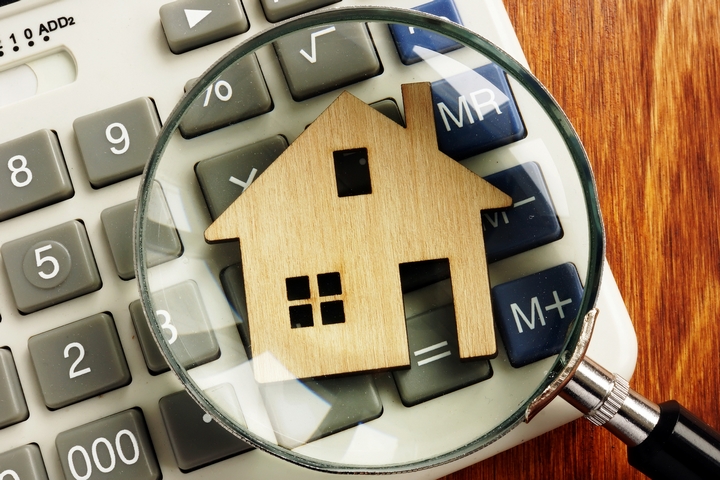
When you buy a tax-sale property, check for any existing liens on the title. Contractors or banks could put liens in place, which must be paid off before you can take ownership of the property.
This adds additional expense to your purchase, so factor it into your budget. It’s also good to check with the local municipality for unpaid taxes or fees.
Tip #7: Get Professional Advice

If this is your first time purchasing tax sale property, getting advice from a lawyer or real estate agent is a good idea. They can help you understand the local laws and regulations and any potential issues that could arise with the property. It may cost extra money upfront, but it will be worthwhile if it saves you from costly mistakes.
Tip #8: Conduct a Title Search
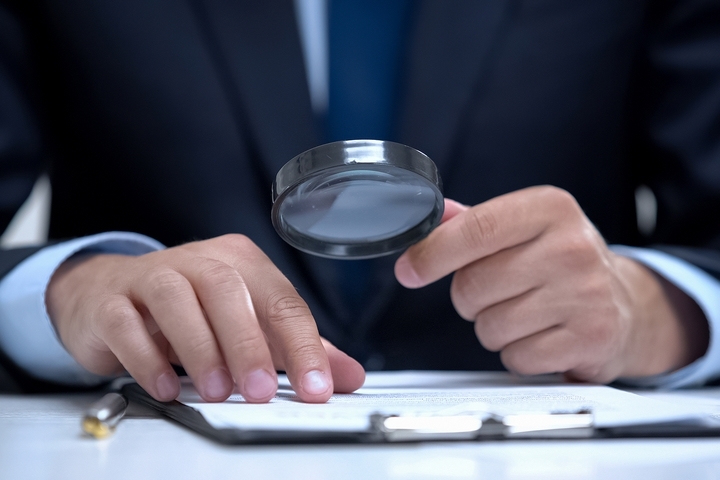
Once you have found a property you want, conducting a title search is essential. This involves looking into the public records of the property and researching the chain of ownership.
A title search will let you know if any liens or other legal issues are associated with the property that could affect your buying ability. Hiring an experienced lawyer or title company to help you with this process would be a good idea.
Tip #9: Network with Other Investors

Let’s be honest. Buying a tax-sale property can be a risky business. Reaching out to other investors in the area and getting their advice on finding good deals is always a smart move. You could even find potential buyers if you are looking to flip the property quickly. Networking with others in the field will also help you stay up-to-date on relevant news and regulations.
Tip #10: Be Patient

Buying tax sale property can take some time, so it’s important to remain patient. Depending on how many people are at the auction and how much competition there is, it could be days or weeks before you can purchase the property. During this time, staying on top of your research is important, ensuring you have all the necessary paperwork ready for the opportunity.
Many individuals may feel overwhelmed or unsure where to begin when purchasing tax-sale properties. These properties often come with unique challenges and risks, but they can also present excellent investment opportunities for those who research and approach the process strategically.
By following best practices and seeking advice from experienced professionals, you’ll be well-equipped to purchase tax-sale property and maximize your return on investment.










